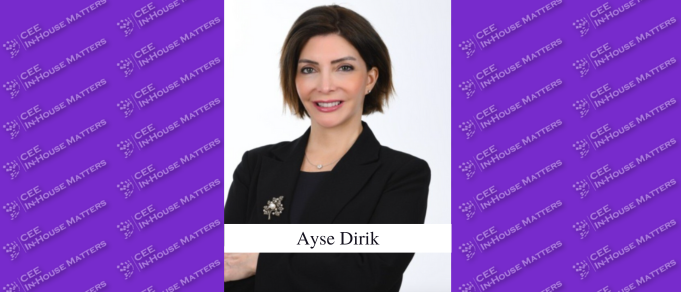Once upon a time, you were a pretty good speaker, dominating the law conference circuit. Now, you find yourself holding webinars in your pajamas. Things got weird, fast.
If you are feeling disconnected from your audiences, you are not alone. It’s hard to build a positive relationship with your audience when they, and you, have been reduced to boxes on a video screen, many of which have crappy wi-fi connections.
Fortunately for you, I have been slogging along with trying to master this online speaking world for over six months. At first, it really sucked. However, I now find myself in situations where I actually prefer running trainings and webinars online. In this article, I would like to pass on some valuable discoveries about how to connect with your audience by simply asking questions, and how to strengthen your connections with non-verbal communication.
Building Connections with Questions
Before the coronavirus, I hated legal presentations because they rarely involved discussions with the audience (outside of the lame Q&A sessions). Nowadays, I don’t mind them so much, because I can politely just shut off the webinar and read something interesting.
If you don’t want your audience shutting you off, you need to quickly build a strong connection by pulling them into your presentation via the 2-Level Question Technique. This technique involves, first, asking the audience a general question. Then, after quickly reviewing their responses, asking specific audience members follow-up questions.
For example, I began a recent negotiation course by asking participants to describe their biggest problem with negotiating online. (Zoom Tip: I instructed them to communicate their responses via the chat function.) Not surprisingly, I got a lot of interesting answers like: “I struggle with bridging the gaps (e.g., language, legal understandings, different cultures);” “I find it difficult to build rapport with the other party;” and “I have too many people trying to negotiate together as well as a confused translator.”
For the second level, I asked each of the participants to turn on their microphones so that we could discuss their answers. With this simple approach, I transformed a potentially boring lecture into an engaging discussion that was immediately relevant to my audience.
Maximizing Your Non-Verbal Communication
Even if you build a good connection with your audience, you might unconsciously weaken it by failing to take advantage of the non-verbal communication tools available to online speakers. If you aren’t doing so already, I strongly recommend you work on the following methods.
Camera Level: Although it might feel cool to be hunched over your laptop like a start-upper, you eliminate all of your positive body language (e.g., shoulder and hand gestures). To avoid this, put your laptop on top of some books and sit back in your chair. Your audience will not only appreciate seeing your gestures but you will look more relaxed and confident.
Lighting: If you don’t have good lighting in your home office, your audience won’t receive important communication from your facial expressions. You can fix this by putting a desk lamp behind your computer and pointing it at an angle towards your face.
Eye Contact: Although you might feel comfortable watching people’s faces when you speak online, it’s not a great feeling for your audience – they are looking for eye contact from you. If you want to address their need and look confident as well, practice speaking towards your camera. (Zoom Tip: You can shrink the pictures of your audience and move them close to your camera. This way, you can still look at them while looking at your camera.)
Final Thoughts
With these tips, you will definitely find it easier to connect with your webinar audiences, and they will truly appreciate your efforts. Better yet, you will find this advice useful for building strong relationships in all of your videoconferencing activities, whether they be client meetings, negotiations, or BD networking.
Aaron Muhly is an American lawyer who has been training European professionals on clear writing and effective communication for over 15 years
This Article was originally published in Issue 7.6 of the CEE Legal Matters Magazine. If you would like to receive a hard copy of the magazine, you can subscribe here.

















